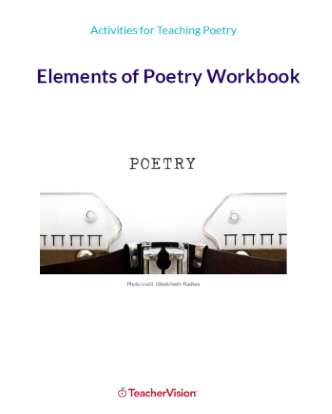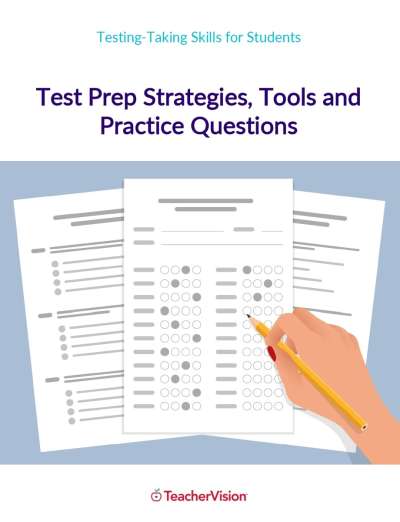Overview
Students will read constitutional amendments and use the information to evaluate laws and actions.Objective
Students will learn how constitutional amendments protect many rights and freedoms of United States citizens.Materials
- Bill of Rights and Constitutional Amendments
- Paper and pencils for each student
Procedures
- Point out to students that citizens of a free and democratic society have many rights and freedoms. The Constitution of the United States protects many of our most important rights and freedoms.
- Explain to students that a law could be passed that would take away some of these rights. If this happened, the Supreme Court would say that the law was unconstitutional and could not be carried out. When a law is passed, it is very important to ask weather it is constitutional.
- Tell students that many of our most basic rights and freedoms are protected by the amendments to the Constitution. Print out and distribute the worksheet listing the Constitutional Amendments.
- Discuss each amendment with students. Remind them that a law or action taken by the government cannot contradict an amendment. If it does, the law or action can be challenged and reversed.
- Now ask students to write the numbers 1-10 on a separate sheet of paper. Tell them you are going to read aloud the list of laws or actions that might be taken by the government, and they should listen to each item carefully as you read. If they think the law or action would be constitutional, they should write a C next to the number, along with the number of the amendment that makes it constitutional. If they think the law or action would be unconstitutional, they should write a U and give the appropriate amendment number.
- A state passes a law that allows males to vote, but not females.
- The government does not like a man's ideas, so it does not allow him to make a speech in public.
- A woman accused of a serious crime wants a jury trial, but the government says it doesn't have enough money for such a trial.
- A town does not like the religious beliefs of a certain group, so it forbids it from building a house of worship.
- A man accused of a serious crime refuses to give evidence against himself.
- A state passes a law that allows women to vote at age 18, but says men must wait until they are 21 before they can vote.
- The government orders a newspaper to stop printing editorials that criticize the government too much.
- A person's house is in the way of a proposed highway. The government offers the owner a fair price for the house.
- A group of people are arrested because they wrote to Congress saying that they did not like a certain law.
- A woman receives a parking ticket. She insists on a jury trial. The government says she doesn't need a jury because her offense is not a serious one.

Provided by Scott Foresman, an imprint of Pearson, the world's leading elementary educational publisher. Its line of educational resources supports teachers and helps schools and districts meet demands for adequate yearly progress and reporting.
Students read constitutional amendments and use the information to evaluate laws and actions.
TYPE:




